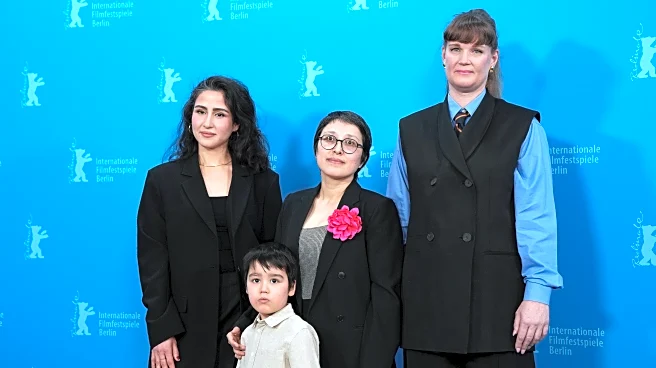What's Happening?
CAR-T cell therapy, a revolutionary approach in oncology, is advancing rapidly, offering new hope for patients with hematologic malignancies. This therapy uses engineered immune cells to target cancer cells, providing durable remissions. Researchers are now focusing on expanding its application to solid tumors and autoimmune diseases. However, challenges such as antigen escape, treatment toxicities, and manufacturing issues remain significant hurdles.
Why It's Important?
CAR-T cell therapy represents a paradigm shift in cancer treatment, moving from traditional drugs to living therapies. Its success in blood cancers has opened new avenues for research and treatment, potentially transforming outcomes for patients with limited options. The ongoing advancements in this field could lead to more effective and personalized cancer therapies, impacting healthcare and patient survival rates.
What's Next?
Researchers are working on next-generation CAR-T constructs to enhance safety and efficacy. Efforts are also underway to address manufacturing challenges and improve global access to these therapies. As the field evolves, collaboration between scientists, clinicians, and industry stakeholders will be crucial to overcoming existing barriers and expanding the reach of CAR-T therapy.
Beyond the Headlines
The development of CAR-T cell therapy raises ethical and regulatory questions about the use of living drugs. As these therapies become more widespread, considerations around cost, accessibility, and long-term effects will need to be addressed. The potential for CAR-T therapy to treat a broader range of diseases also highlights the importance of continued innovation and investment in biomedical research.











